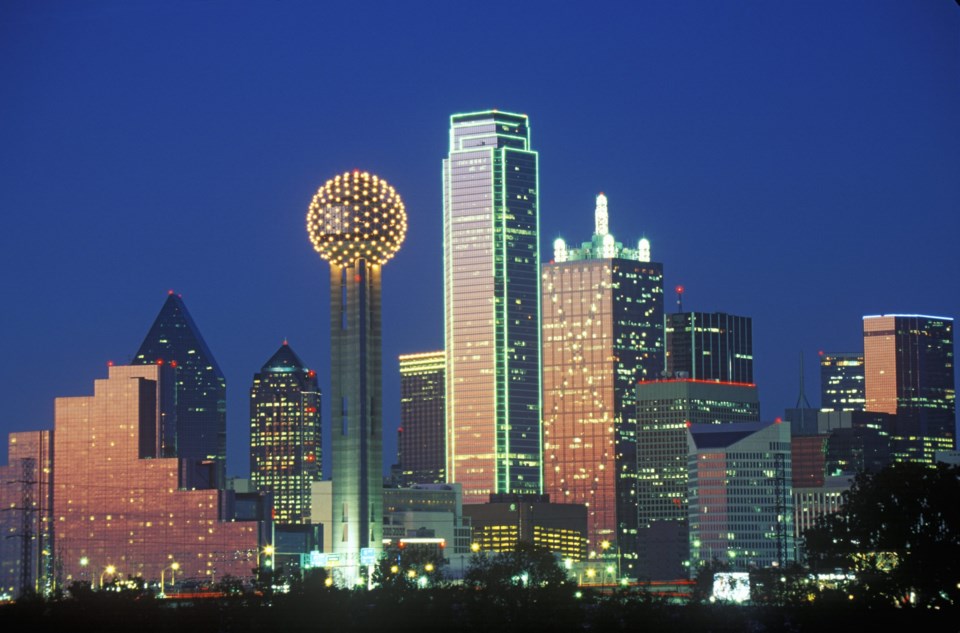Dallas-Fort Worth-Arlington has ranked as the second-highest metropolitan area in the United States for attracting new companies, according to a new report.
According to Site Selection Magazine, the business publication behind the recent study, DFW saw an increase of 426 new business projects in 2022, which placed the North Texas area second overall among metropolitans with populations of over one million residents.
DFW ranked just behind the number one metropolitan area on the list, Chicago-Naperville-Elgin, which had a total of 448 new projects last year.
A couple of other metros residing in the Lone Star State also found their way on the top 10 list this year. Houston-The Woodlands-Sugar Land reportedly attracted 293 new business projects in 2022, putting the metro area in third place behind DFW.
Joining Houston and Dallas was the Austin-Round Rock area, which garnered a total of 132 projects in the previous year, placing the metro squarely in the seventh spot.
According to news publication CultureMap Fort Worth, this is the third consecutive year that Dallas-Fort Worth found itself in second place on Site Selection Magazine's annual report, improving upon the 389 new business projects reported in 2021. Additionally, Chicago and Houston have also retained their respective top spots for the past three years.
This year's report also took a look at the increased "digitalization" of U.S. occupations in metropolitan and micropolitan areas. Studied by Mark Muro, a senior fellow at Brookings Metro, and his colleague Sifan Liu, the pair say that highly digital workforces are quite prominent in metro areas when compared to micropolitans.
“Across the nation’s 56 biggest metros, as much as 30% of all jobs were highly digital as of 2020, while low-digital jobs encompassed just 22% of the workforce,” Muro and Liu said in the report. “By contrast, highly digital occupations account for only 20%of the workforce in the nation’s more than 500 micropolitan areas, where low digital jobs account for 26% of the total. And pay gaps reflect those divides.”
Muro and Liu also found that Austin, Boston and Washington ranked in the top tier of cities with digitalized economies, while other big professional cities like Dallas, Houston and New York were found to be in a tier just below in that area.
To view the report in its entirety, head over to the Site Selection Magazine website.




